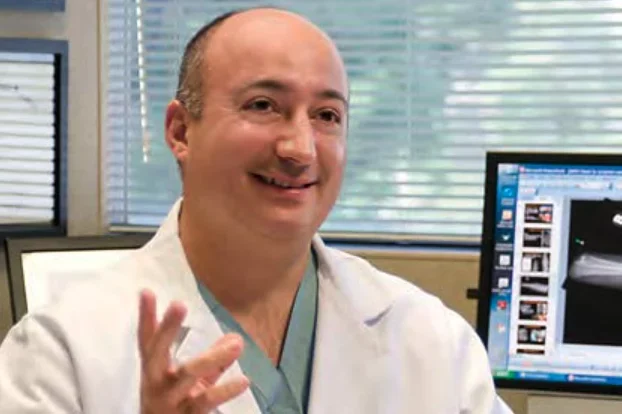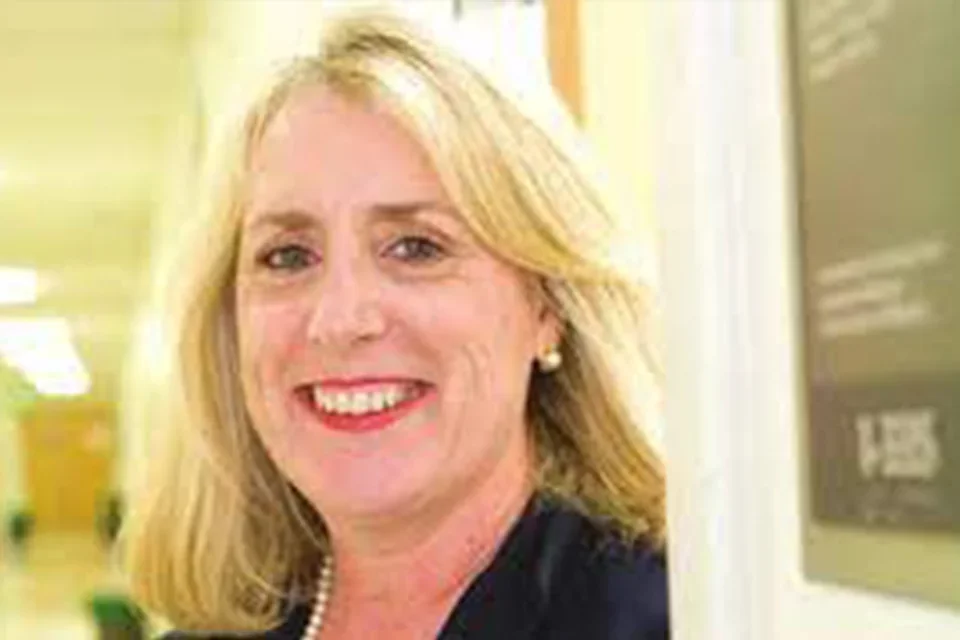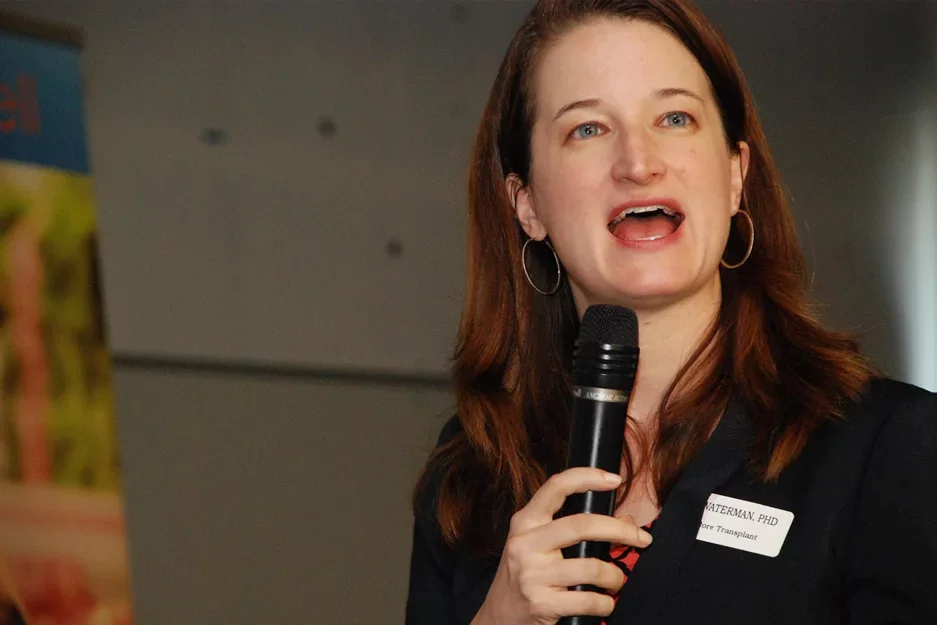Transplantation Research
Let's Help Organ Transplantation Recipients Lead Longer, Healthier Lives.
Organ transplantation can be a life-saving gift. Surgeons have developed advanced techniques to spare and transplant functional limbs and organs, offering patients the chance for restored health. However, the recipient's immune system and the grafted organ may be incompatible. and while immune-suppressing drugs can aid graft acceptance, they also increase the risk of infection or cancer.
The field of transplantation science has soared in recent decades, but even with the best surgical methods, there is no guarantee of long-term transplant success because of graft rejection. Meanwhile, there are not enough natural organs for transplant to go around. Transplant rejection often necessitates second transplants, compounding the organ shortage by putting patients back on the waiting list. In summary, there has never been a greater need for breakthroughs.
What if we could help more patients live longer, healthier lives by finding new and safer ways to prevent graft rejection? What if we could shorten the organ waiting list by discovering or inventing new ways to use injured organs instead of discarding them—or creating bionic and tissue-based organs in the laboratory?
UCLA Immunology, Inflammation, Infection, and Transplantation (I3T) faculty believe transplantation can improve and save patient lives. We're figuring out how to increase organ donations, use donated or laboratory-created organs, and improve the success and longevity of transplanted grafts without increasing the risk of infection or cancer.
Important Contributions
Using advanced investigative techniques and science-backed strategies, I3T scientists develop solutions to the biggest problems facing organ transplantation today. They hope for a day when we can help patients keep organ transplants for life.

Kodi K. Azari, MD
Professor, Orthopaedic Surgery & Plastic Surgery
Chief, Section of Reconstructive Transplantation, David Geffen School of Medicine at UCLA
Dr. Kodi Azari's composite-tissue transplants give patients functional limbs. His surgical team completed the first double hand organ transplantation and the first arm organ transplantation performed in the United States.

Elaine F. Reed, PhD
Director, UCLA Immunogenetics Center
Professor, Department of Pathology & Laboratory Medicine, David Geffen School of Medicine at UCLA
Dr. Elaine Reed and her team investigate how antibodies generated by the immune system contribute to the rejection of organ transplantation. She hopes to make organs last longer by blocking the production of these antibodies.

Amy Waterman, PhD
Director, Transplant Research and Education Center (TREC)
Associate Professor of Medicine, Division of Nephrology, University of California, Los Angeles (UCLA)
Dr. Amy Waterman investigates the patient and systemic factors influencing kidney transplant rates. She develops outreach and intervention materials and strategies to help recipients and donors make the best-possible decisions about organ transplantation.